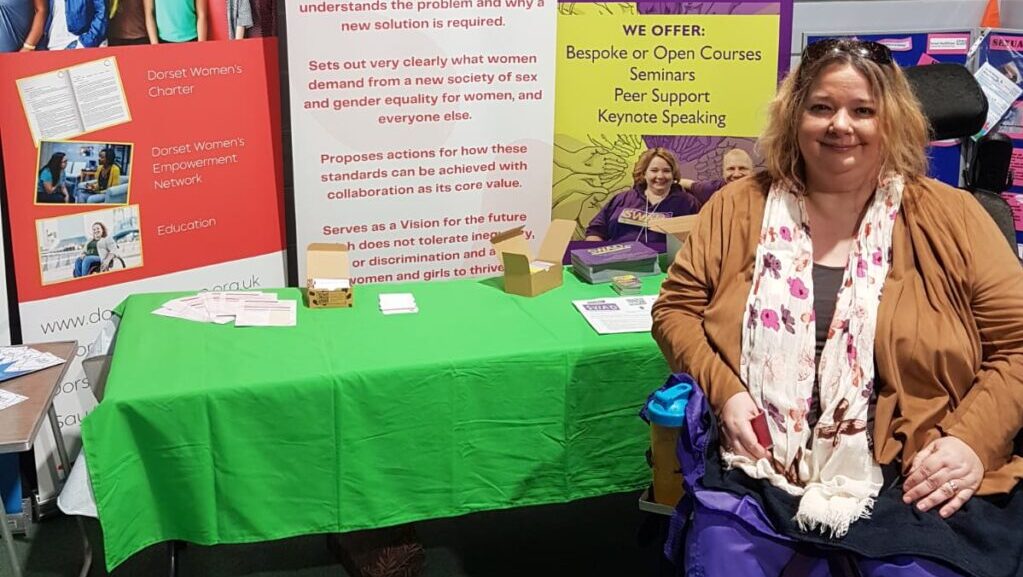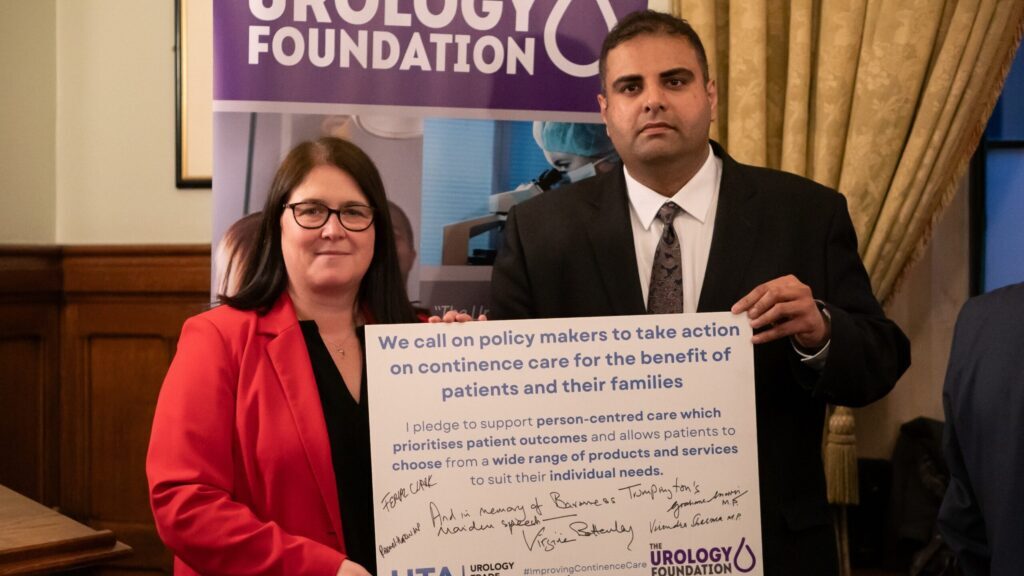NHS leaders urge government to take action regarding rising numbers of people falling sick
NHS leaders across England, Wales and Northern Ireland are warning of rising numbers of people falling sick and worsening health outcomes across the country unless the government takes urgent action to limit further energy price increases.
In a letter to the chancellor of the exchequer Nashim Zahawi, NHS Confederation chief executive Matthew Taylor and chair lord Victor Adebowale warned about the widening of health inequalities and worsening health outcomes for people living in communities with the highest levels of deprivation if individuals and families are driven further into poverty because of excessive energy costs. A decision on the energy price cap is expected on 26 August, with the latest estimates suggesting that the cap could go as high as £4,200 by January.
The letter continued, to predict that if households are not safeguarded from unaffordable energy price hikes, it will fall to local NHS and social care services to pick up the pieces, with increased hospital admissions and demand on GP surgeries, A&E departments, ambulances, care homes and other social care services.
“The country is facing a humanitarian crisis,” said Taylor. “Many people could face the awful choice between skipping meals to heat their homes and having to live in cold, damp and very unpleasant conditions. This in turn could lead to outbreaks of illness and sickness around the country and widen health inequalities, worsen children’s life chances and leave an indelible scar on local communities.
“These outbreaks will strike just as the NHS is likely to experience the most difficult winter on record. NHS leaders have made this unprecedented intervention as they know that fuel poverty will inevitably lead to significant extra demand on what are already very fragile services.
“Health leaders are clear that unless urgent action is taken by the government this will cause a public health emergency.”
NHS leaders want the government to set out a more targeted and detailed support package for those households who need it most in advance of the decision on the new energy price cap next week. With bills expected to go up by 82%, they warn that the government’s current policy of providing £400 between April and October – paid in monthly instalments – will fall far short for those most in need, even alongside the one-off payments for recipients of Universal Credit, disability benefits and the winter fuel allowance.
“There is a strong correlation between rising energy prices and the health and well-being of the communities we serve and belong to. In turn, this has a significant bearing on the increased demands placed on our health services,” Beatrice Fraenkel, chair of Mersey Care NHS Foundation Trust commented.“Whilst we as employers are doing all we can to mitigate against the situation this crisis is proving a real challenge for our staff personally and professionally.”
Katie Schmuecker, principal policy advisor at the Joseph Rowntree Foundation, said: “This unprecedented move from health and care leaders in England hammers home the fact that the rising cost of living is a national emergency.”
Figures show that without further measures, and taking into account the £400 rebate, fuel poverty rates will reach nearly 50 per cent from October and 55 per cent from January with over half of households in the UK in fuel poverty.
“Looking at the workforce – nurses, healthcare staff and social care workers are often vastly underpaid, ” added Dr Charles Armitage, former NHS doctor and chief executive and founder of healthcare staffing startup Florence. “The pay rises granted are nowhere near the pace, and rate of inflation. We’ve already seen widespread reports of the sheer numbers of nurses needing to use food banks and expect this trend to continue. As a country, we spent the pandemic celebrating our vital healthcare workers but where is the support now?
“One of the greatest concerns for the healthcare industry is that we’ll see a surge of nurses, healthcare and social care staff leaving the industry in search of better pay. From our research we know one in five (16%) NHS nurses and social care workers already plan to leave the industry due to the pressures of their current role, with low pay cited as a leading factor (39%). At the same time, a staggering 97% of nurses and social care workers state the cost-of-living crisis has caused them further stress or burnout. The system is already in crisis with well over 100,000 vacancies and this figure will likely rise further.
“The government urgently needs to do more. We simply don’t have time to wait for the new prime minister to take office for meaningful action to take place. The cabinet needs to act now and ensure that workers across the health and social care sector are paid fairly. Well over four-fifths (85%) of nurses and social care professionals are calling for a higher minimum wage to alleviate some of the pressure that many workers across the industry are facing. We need to see action, not just empty promises.”



